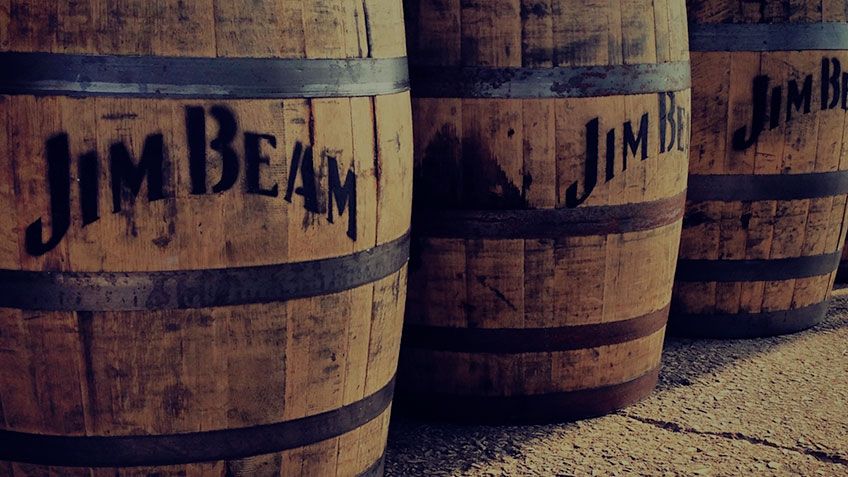Maintain Tradition and Quality
When it comes to implementing MPC in distillation, the primary concern companies have is maintaining product consistency. And understandably so, since their unique process has been around for centuries. When the process doesn’t follow their recipes, you just don’t have the same end-result.
For years, the spirits industry ran consistently with the technology and equipment in their facilities. Now, with the ongoing boom, there’s pressure to make improvements to compete against demand. As a result, operators are moving from manual to automated distillation, which can help eliminate inconsistencies that negatively impact product quality.
The distillation process involves many opportunities for optimization, beginning with the amount of feed to stills, which ultimately determines throughput. Along the way, optimization can also occur in relation to steam flow, reflux flow and other parameters.
Since controlling the process at one part of distillery will have an impact on other parts, operators know that if they make one adjustment, they must also make additional adjustments down the line. MPC helps maintain consistency and can even predict what adjustments will be needed, before they’re required, resolving process interactions before they create disturbances, which ultimately helps to ensure quality throughout production.
For example, in bourbon production, if more feed is added to the beer still, operators know to change the steam and reflux at the beer still and to change the feed and steam going to the doubler. In these situations, operators can rely on MPC to manage the material balance in the distillery, while also maintaining the quality targets.




